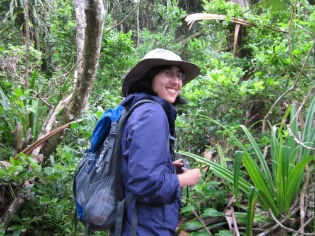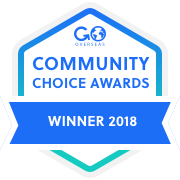SEED Madagascar Conservation Research Programme Volunteer
- Madagascar
- Fort Dauphin
About Program
The SEED Conservation Research Programme (SCRP) is based in the beautiful coastal region of Sainte Luce, surrounded by rare and threatened fragments of littoral (coastal) forest. The programme works to integrate scientific research with community conservation, where you will combine hands-on conservation fieldwork on endangered species including lemurs, reptiles and amphibians, with environmental education. Sainte Luce is one of only three significant area of this forest type remaining in Madagascar, having been reduced by over 90%.
The SEED Madagascar Conservation Research Programme is offered as a volunteering experience for everyone. We encourage anyone with a passion for conservation and the environment to apply, and dive into a different experience. It's a chance to gain hands-on conservation skills, while undertaking the adventure of a lifetime.
For information about project dates, please visit our website.












Hi! No, we don't require our volunteers to speak Malagasy or French to take part in our programmes, although either would be beneficial! Our teams on the ground will speak English with volunteers, and there will be some language lessons during your orientation sessions. We encourage volunteers to learn some Malagasy greetings but do not expect anyone to know the language fluently.